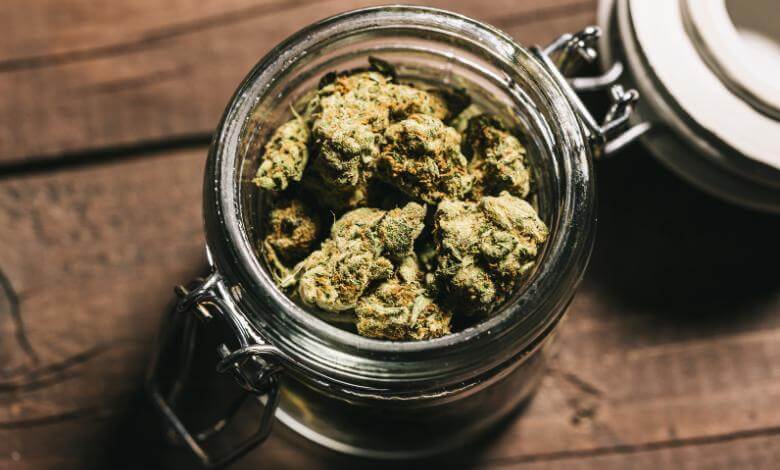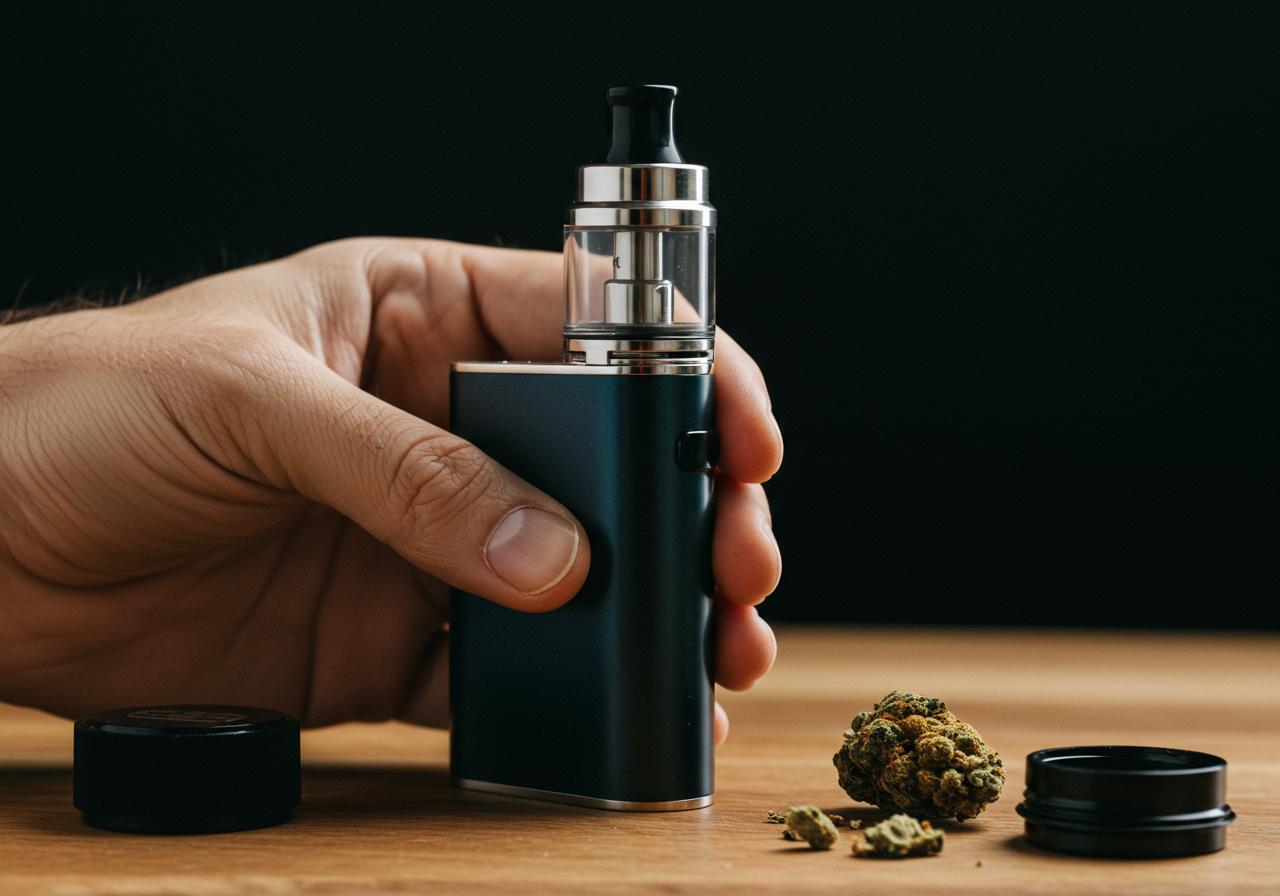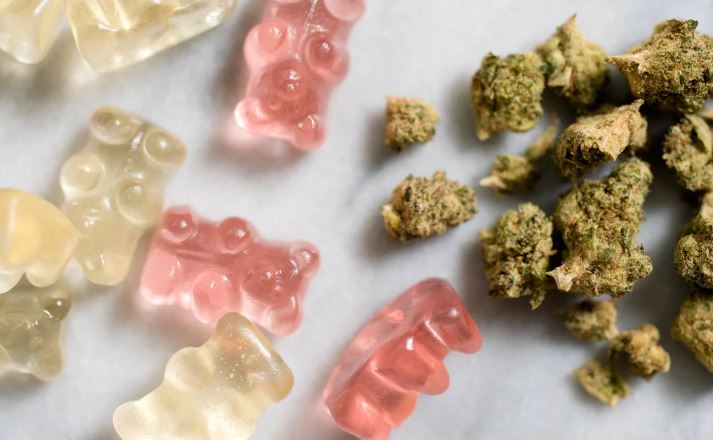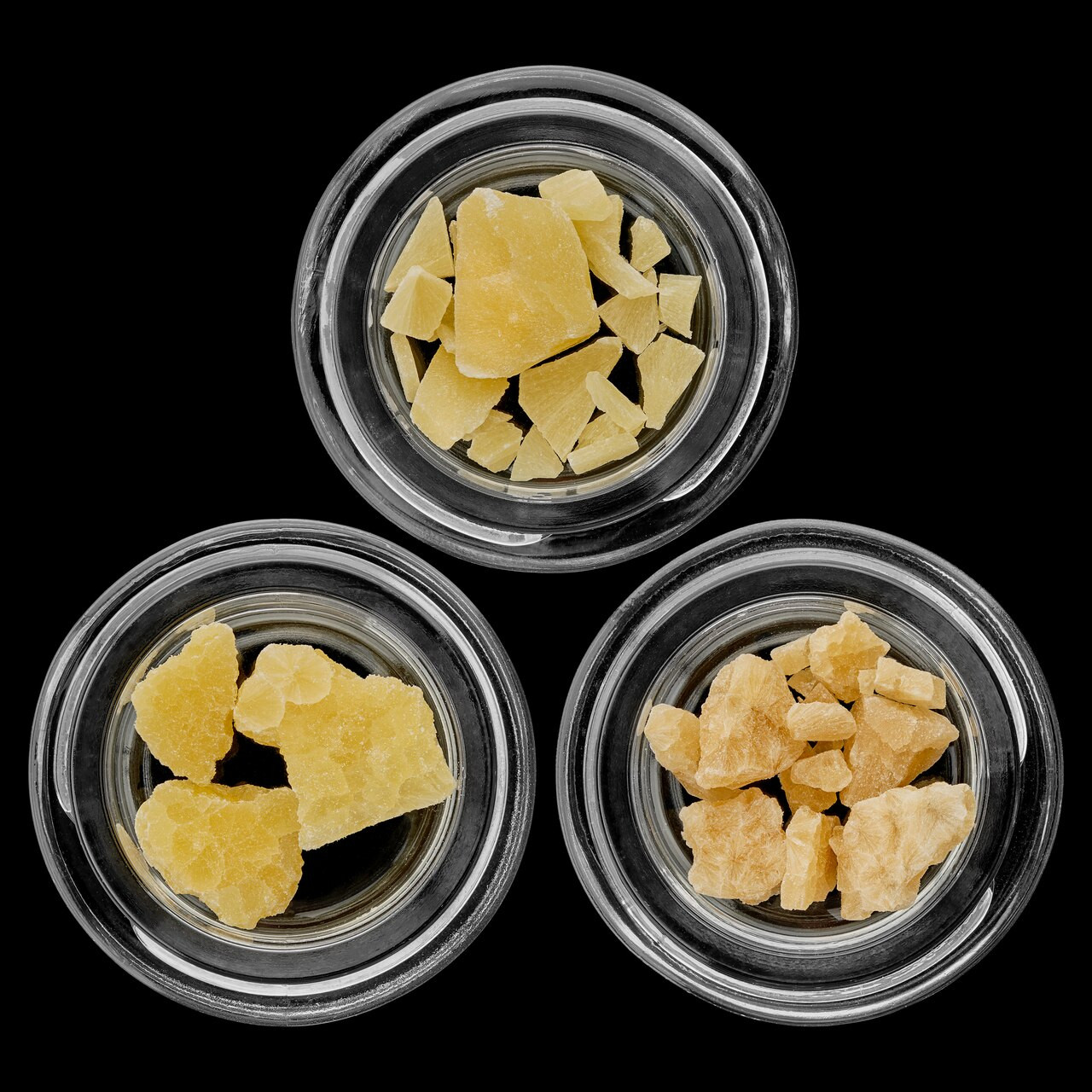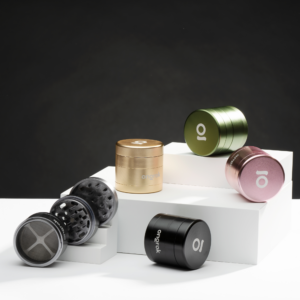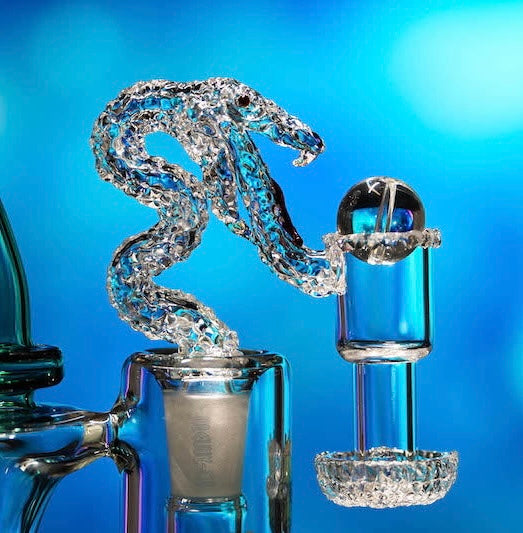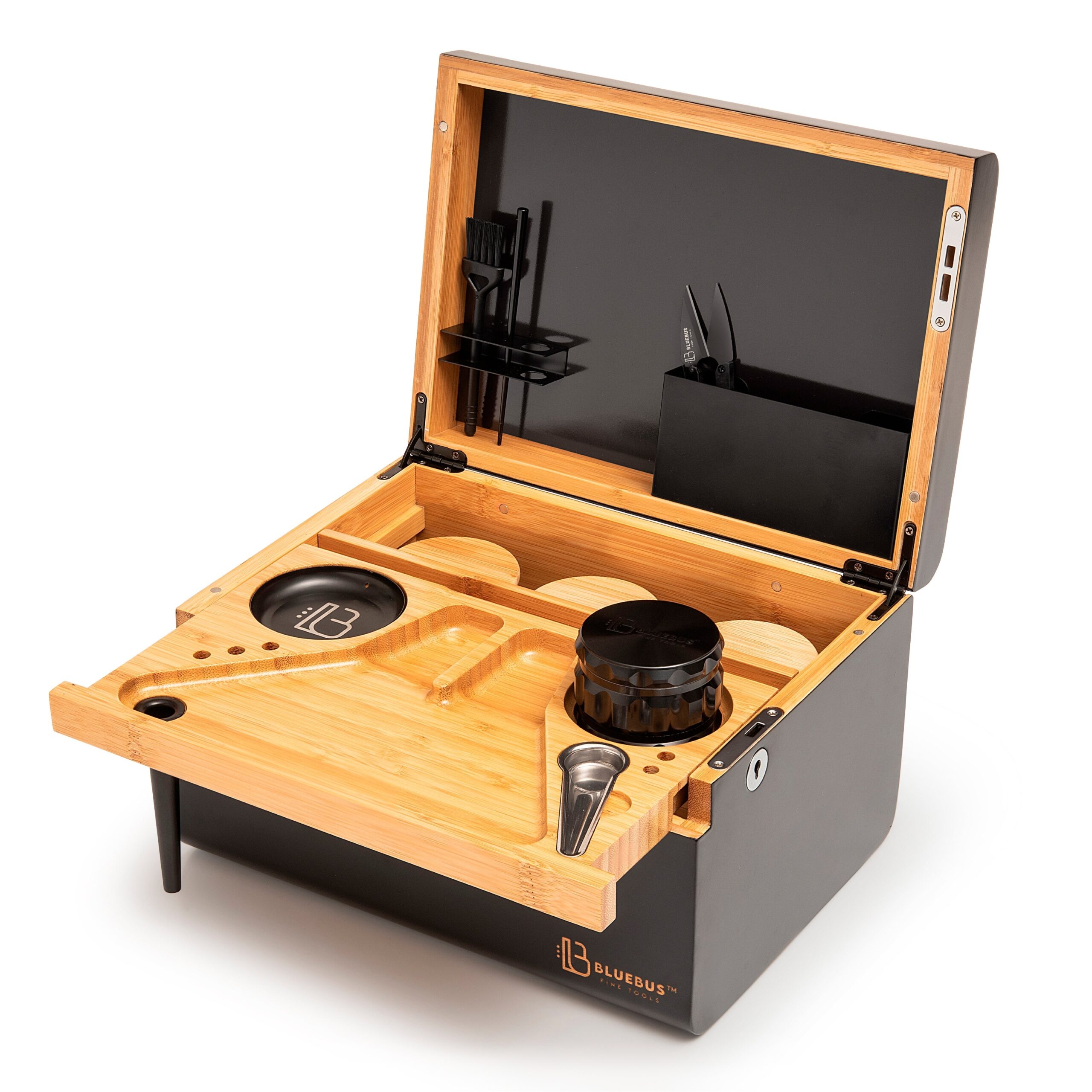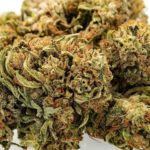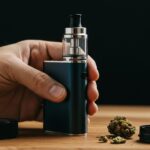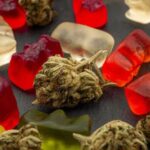HHC-P vs. THC-P: What’s the Difference?
Published on September 21, 2022
Last Updated on September 21, 2022

HHC-P and THC-P. Quite a mouthful, huh? Well, stick around, we’re gonna unpack what these are all about. These compounds, they’re kind of like the new kids on the block in the cannabis industry. Yep, in a world dominated by the likes of regular THC and CBD, here come HHC-P and THC-P strutting their stuff. Why do they matter? Well, for folks looking into cannabis use—the medical marijuana enthusiasts, the experienced user who wants something a bit different—it’s crucial to know what these compounds bring to the table. And guess what, interest in these hemp-derived cannabinoids is on the rise. Folks aren’t just sticking to the old stuff anymore.
Introduction to HHC-P and THC-P
HHC-P and THC-P aren’t just fancy-lettered chemistry projects. They’re distinct, unique members of the cannabinoid family. These compounds stand apart from the familiar THC most know and love—or maybe not love, depending on your experience. Whether you’re a budding cannabis enthusiast or a seasoned veteran, understanding these cannabinoids opens up a whole new world. So why the buzz, you ask? See, hemp-derived cannabinoids like HHC-P and THC-P are making waves, turning heads if you will, in the realm of cannabis products. A dynamic duo in an ever-evolving landscape!
Chemical and Molecular Structure
Chemical structure. Molecular structure. Sounds pretty scientific, right? Yep, it is. But lemme simplify it. Cannabinoids like HHC-P and THC-P—think of them like puzzle pieces. Each has its own shape and pattern. It’s their molecular structure that makes ’em different. HHC-P and THC-P might look a bit similar on paper, but under the microscope, that’s where the magic happens. Alkyl side chain? Count the carbon atom. Boom! There’s your difference in potency. Place these alongside traditional THC and regular THC, and those molecular details show you why some might pack a punch while others give a softer tap. Subtle, yet impactful.
Mechanism of Action and Effects
Alright, let’s peek inside our brains for a hot second. CB1 receptor. That’s the party place for HHC-P and THC-P in our endocannabinoid system. Each time you indulge, it’s like rolling out the red carpet. They dance, they play, they—most importantly—interact. Effects? Oh, the effects. Think euphoria right at your doorstep, or heightened sensations just a breath away. THC-P is like the bold leading act, with a potent effect. HHC-P, on the other hand, follows with grace, mimicking a similar yet distinct rhythm. Both bring their own flair to the consumer experience. You never know quite what tune they’ll play for you.
Potency and Consumer Experience
Words of wisdom for the brave-hearted and the newbies. Potency. That increased potency in THC-P is like the superhero of cannabinoids. Compared to HHC-P, and other standard variants, THC-P stands on high, ready to take your experience a notch above, or several notches. As for newcomers? Ease your foot in the door, don’t just barge in. Medical marijuana users, those searching for personal enjoyment, yeah, this bit’s for you. Knowing your way around these cannabinoids’ potential benefits could mean the difference between a smooth sail and an unwanted storm. Potency’s allure, it lies in the hands of its beholder.
Legal Status and Availability
Things get sticky in legal land. United States, internationally—laws bounce around like a pinball machine. HHC-P and THC-P, they dance around the 0.3 delta-9 THC threshold, teetering at the edge of legality. What’s that mean for your next thcp gummies craving? Think availability. Options like thcp products, pre rolls, or HHC-P products—a potential bounty or a legal letdown, depends on where you’re standing. Hope resides though, in the growing legal acceptance and diverse offerings of cannabis product formats popping up like mushrooms after rain.
Comparing Product Types
Choices galore when cannabis products are in question. You’ve got HHC-P and THC-P in vape cartridges, sure. Maybe you prefer a disposable vape, or to savor the moment with HHC flower. Each offers a unique taste, a distinct buzz. Derived from the hemp plant, these products promise potency tailored to preference, whether you lean towards hhc gummies or cbd gummies. How about cbd oil on those anxious days? They all whisper tales of diversity, each format living its own reality and demanding a stage of its own.
Market Trends and Consumer Insights
Trends. They guide us, sometimes mislead us, yet always intrigue us. In the cannabis industry? HHC-P and THC-P headline today’s show. Consumers find themselves amid choices of varying potency and flavors. They chase lab results, yearn for effectiveness, embrace an era where innovation in hemp cannabinoids is more than a trend—it’s an expectation. The spotlight on these compounds intensifies, reflecting a broader dialogue of needs and wants within a vibrant, ever-adapting marketplace.
Final Thoughts and Key Differences
Remember what we’ve unearthed, ‘cause it’s crucial. HHC-P vs. THC-P isn’t mere alphabet soup. In effects, legality, the all-important consumer experience—each carries its own signature dish to the cannabis banquet. Deciding between them, that’s a choice based as much on legal knowledge and personal needs as it is on curiosity’s whim. Stay sharp, stay knowledgeable, and let the vast world of cannabis compounds be your guide. And hey, these differences? They’re not just in your imaginings. They’re as real, as tangible, as anytime you’ve felt a cannabis product work its magic.
Weed.com Carries HHC-P and THC-P Products Here!
